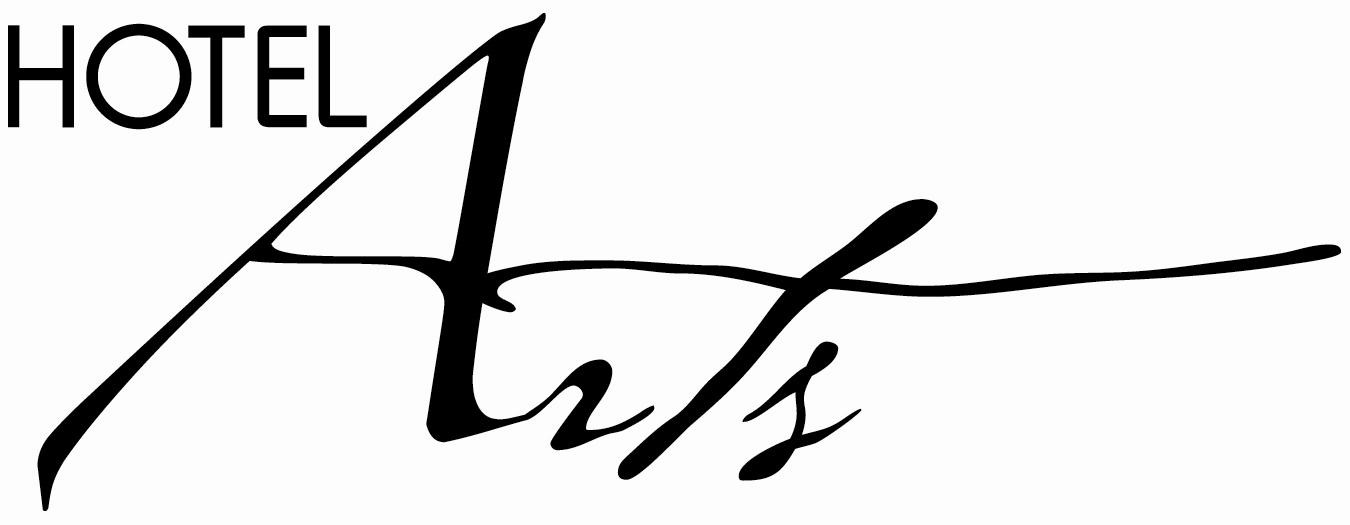Staff - Union Job Category CUPE 116 Job Profile CUPE 116 Salaried - Research Assistant /Technician 2 Job Title Research Assistant – Drinking Water Quality and Treatment Department Mohseni,Madjid | Department of Chemical and Biological Engineering | Faculty of Applied Science Compensation Range $4,426.00 - $4,845.00 CAD Monthly Posting End Date August 7, 2025 Note: Applications will be accepted until 11:59 PM on the Posting End Date. Job End Date August 31, 2026 At UBC, we believe that attracting and sustaining a diverse workforce is key to the successful pursuit of excellence in research, innovation, and learning for all faculty, staff and students. Our commitment to employment equity helps achieve inclusion and fairness, brings rich diversity to UBC as a workplace, and creates the necessary conditions for a rewarding career. The Department of Chemical & Biological Engineering at UBC – Vancouver is seeking a Research Assistant - Drinking Water Quality and Treatment This position is for a 12 months term. Job Summary One position is available for motivated and industrially oriented individual to support the team’s research and development efforts, headed by the UBC Department of Chemical and Biological Engineering. The successful candidate will be primarily stationed at a municipal water treatment plant, and will have two responsibilities: (i) operating pilot-scale water treatment systems, in close collaboration with industry and municipal partners, (ii) carrying out various tests on water samples collected from the field, using state-of-the-art analytical instruments at UBC. Organizational Status Sustainable Water Innovation and Research Laboratory (SWIRL) is working in partnership with industry and municipalities, to advance novel technologies to tackle the greatest water treatment challenges of our time. Headed up by Dr. Madjid Mohseni, the team’s diverse project portfolio includes developing resilient surface water filtration systems for municipalities and resource-constrained communities. Work Performed Performing field work and interact with engineers and operators at pilot sites. Operating and monitoring various water treatment systems, collecting samples, preparing the samples for analysis. Analyzing water samples using analytical instruments. Carrying out lab-scale experiments for the removal of various contaminants (including emerging contaminants) from water. Analyzing the data obtained from the experiments and preparing reports. The successful candidate will work closely with engineers from industry, and supervised jointly by field engineers and by senior (postdoctoral and doctoral) lab members, with oversight from the principal investigator. They will participate in lab meetings and will have the opportunity to present their project outcomes and learnings at the end of their term. Consequence of Error/Judgement Works within well-defined guidelines and established procedures, exercising sound judgment in setting priorities and completing tasks efficiently. Unusual or complex issues are escalated to the supervisor. Errors in judgment or failure to follow protocols may impact the accuracy of research results, delay project timelines, or compromise laboratory operations. Supervision Received Departmental and site safety training (including in-person Chemical Safety Training and online safety and security modules) In-person training provided by senior lab members or field personnel. One-to-one mentorship offered by senior lab members with participation from principal investigator. Opportunities to work with industry partners, as well as community representatives. Participating in lab meetings and present project outcomes to peer graduate researchers and principal investigator. Acquire hands-on skills for operation and monitoring of water treatment systems both in the lab and in the field. Enhance laboratory skills in water quality analysis and other related wet lab techniques. Exposure to research and academia through working together with and learning from peer graduate researchers and principal investigator Exposure to aspects of industrial water treatment technologies and develop connections with industrial contacts Supervision Given May distribute work assignments to employees at lower classification levels and initiate new employees into routines, procedures and the operation of equipment. Minimum Qualifications High school graduation, some additional training in a related field and a minimum two years of related experience or an equivalent combination of education and experience. - Willingness to respect diverse perspectives, including perspectives in conflict with one’s own - Demonstrates a commitment to enhancing one’s own awareness, knowledge, and skills related to equity, diversity, and inclusion Preferred Qualifications Background in chemical engineering, environmental engineering, or a related field. Strong research and analytical skills. Familiarity with literature review processes and scientific writing. Experience working in a laboratory setting, preferably with knowledge of water treatment processes. Excellent communication and teamwork skills. An interest in water treatment technologies! Special Job Requirements Ability and interests to work in the field, at a water treatment facility Class 5 Driver’s License and a safe driving record. Ability to lift equipment/water buckets (approximately 20 kg). The field site will be outside the Lower Mainland, so it will require extended time away from Vancouver (accommodation to be covered) The University of British Columbia is a global centre for research and teaching, consistently ranked among the top 20 public universities globally. A large part of what makes us unique is the community of engaged students, faculty, and staff who are collectively committed to shaping a better world. Recognized as a leading employer in British Columbia and Canada, UBC supports inspired students, faculty and staff on their journey of discovery, and challenges them to realize their greatest potential. New ideas, changing infrastructure, innovative technology, and fresh approaches are opening up possibilities for the future of research, teaching, and work. Are you ready to embrace the future together? Equity and diversity are essential to academic excellence. An open and diverse community fosters the inclusion of voices that have been underrepresented or discouraged. We encourage applications from members of groups that have been marginalized on any grounds enumerated under the B.C. Human Rights Code, including sex, sexual orientation, gender identity or expression, racialization, disability, political belief, religion, marital or family status, age, and/or status as a First Nation, Metis, Inuit, and/or Indigenous person. All qualified candidates are encouraged to apply; however Canadians and permanent residents will be given priority. If you have any accommodation or accessibility needs during the job application process, please contact the Centre for Workplace Accessibility at workplace.accessibility@ubc.ca.

















